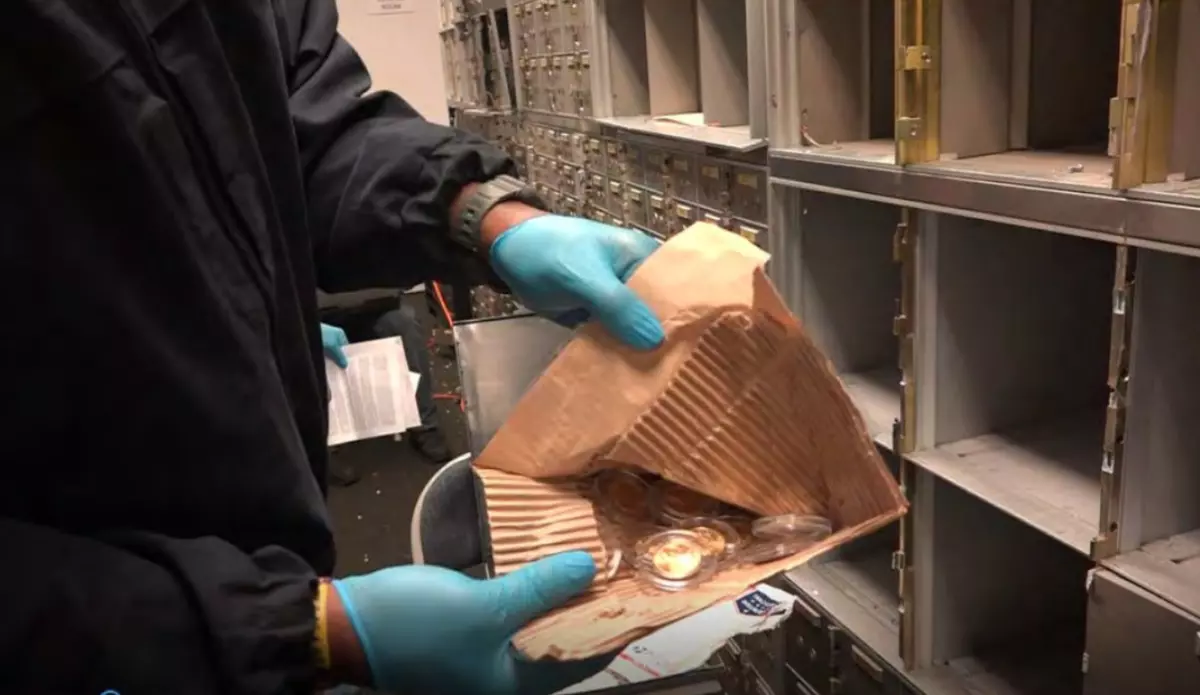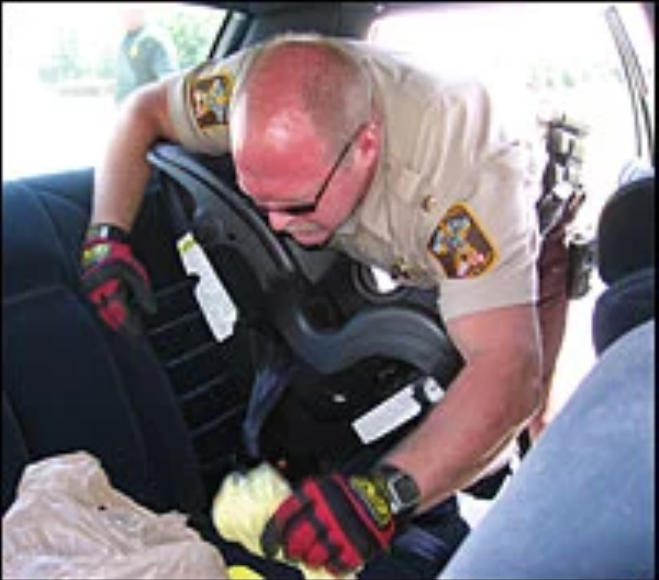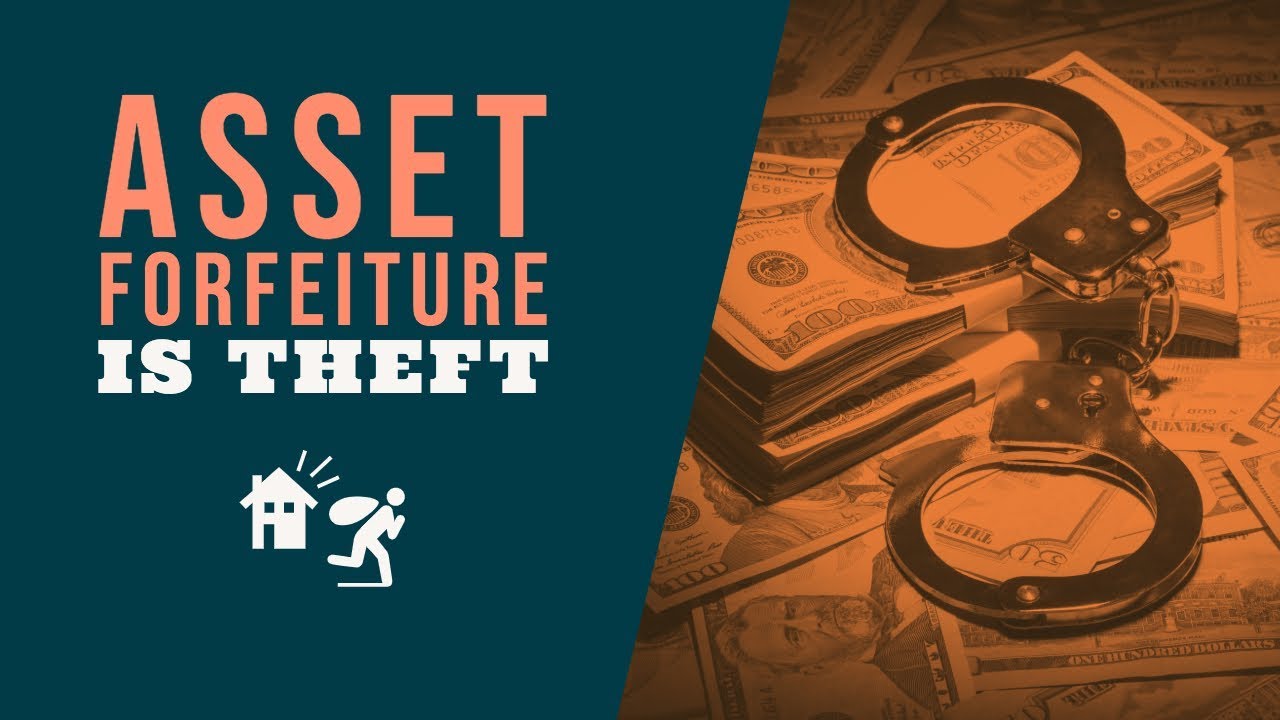Report: Government Seizes Billions in Private Property, but Citizens Have Little Recourse
Every year, federal, state, and local government agents take and permanently keep, collectively, billions of dollars of Americans’ property through a practice called civil forfeiture, which allows police officers to seize property (including cash) based on law enforcement believing there is probable cause the property is related to crime. Prosecutors then can shift the ownership of the property to the government through litigation in civil court, even if the property owner never faced criminal conviction or even criminal charges.
A new report from CEI attorney Dan Greenberg argues that reform is urgently needed but impeded by myths fomented by beneficiaries of asset forfeiture to undermine reform.
“The American system of seizure and forfeiture is profoundly unjust, trampling the rights of countless people and denying them access to the courts,” said Greenberg. “Policymakers should prioritize reforming asset forfeiture.”
In the report, Greenberg sets the record straight on five myths peddled by forfeiture beneficiaries:
Cash seizures typically do not consist of hundreds of thousands of dollars – more like several hundred dollars to a little over $1,000.
When property is seized, the owner typically does not have access to the courts to recover it. It’s not worth it to pay thousands to a lawyer to gain back several hundred dollars.
Seizure and forfeiture are not controlled by due process of law. Instead, there is slim likelihood of recovery, a low standard of proof that empowers law enforcement over civilians, and powerful government revenue incentives at work that stack the deck.
Our justice system does not require high standards of proof of wrongdoing for seizures and forfeitures to occur. In fact, they regularly occur without any such evidence.
The injustices caused by civil forfeiture have not been fixed, as some reformers hoped, when states require a conviction in criminal court as a prerequisite to forfeiture litigation in civil court. Why? Because there is often no connection between the crime and the property owner.
The report urges legislators to make specific reforms, like establishing a criminal forfeiture system, requiring that forfeited assets go to a state’s general fund rather than supplement the budgets of police agencies and prosecutors’ offices, and requiring greater transparency in seizure and forfeiture processes so that citizens and policymakers can know the scope of the problem.
Related:
Understanding the Impact of Asset Forfeiture | Civil asset forfeiture in South Carolina is unconstitutional, circuit court judge rules | Senator Mike Lee Asks Attorney General Nominee Barr About Civil Asset Forfeiture! | U.S. seeks to seize 280 cryptocurrency accounts tied to North Korean hacks | How Cops Can Use Civil Asset Forfeiture To Get Your Stuff | Sanctions threaten to cripple Russia’s multibillion-dollar crypto industry | Civil Asset Forfeiture – Shooting Straight | The County Seat Civil Asset Forfeiture | After the Cops Seized Her Car, the Government Waited Five Years Before Giving Her a Chance To Get It Back | New Bill Could Reform Civil Forfeiture | Legislation on the move in California to protect innocent property owners from abuse of civil asset forfeiture | Michigan Enacts Civil Asset Forfeiture Reforms | We Need Transparency and Fairness in Civil Asset Forfeiture | Senate bill aims to rein in IRS on asset forfeitures | Pressley: Civil Asset Forfeiture Disproportionately Targeted Against Black And Brown Communities | How to Challenge an Airport Cash Seizure Successfully | Dash Cam Shows Cops Take $100,000 From Innocent Man | JUSTICE MANUAL 9-117.000 – Department Of Justice Assets Forfeiture Fund | From pirates to kingpins, the strange legal history of civil forfeiture | Federal Civil Asset Forfeiture | $3 Million Federal Court Settlement: Philadelphia Agrees to End Civil Forfeiture | The feds are helping local police make money by taking your stuff again | Dirty, Sexy Civil Asset Forfeiture | A Setback for Justice




![1ef41525-49f5-410b-be4d-5681ab0b01c9-AP_Supreme_Court_Excessive_Fines[1]](https://www.rucci.law/wp-content/uploads/2023/12/1ef41525-49f5-410b-be4d-5681ab0b01c9-AP_Supreme_Court_Excessive_Fines1.jpg)






